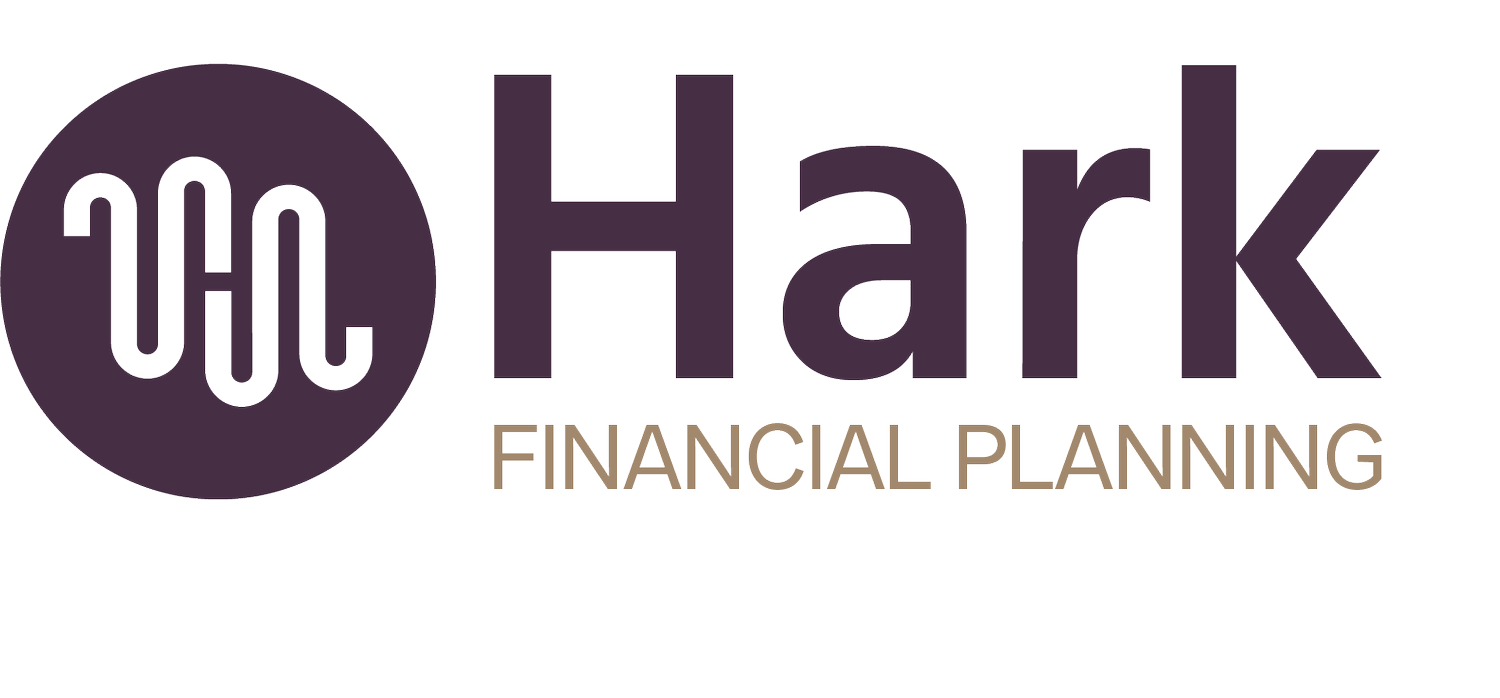Are Your Bank Deposits Safe? What Law Partners Need to Know About FDIC and Consumer Protection Changes
For law firm partners and self-employed lawyers, managing large deposits, trust accounts, and firm finances requires absolute confidence in the banking system. But recent developments—potential rollbacks to FDIC protections and the Consumer Financial Protection Bureau (CFPB)—are raising serious questions:
Could deposit insurance be weakened or eliminated?
If banks take on more risk, how does that impact high-net-worth professionals?
Should law partners rethink where they store their money?
Let’s break down what’s happening, what it could mean for legal professionals, and how you can protect your wealth in uncertain times.
What’s Happening with the FDIC & CFPB?
The Future of FDIC Insurance Is Uncertain
The Federal Deposit Insurance Corporation (FDIC) currently insures bank deposits up to $250,000 per account, protecting consumers from bank failures. But reports suggest that the Trump administration is considering rolling back or even eliminating the FDIC by shifting its responsibilities to the U.S. Treasury Department (Wall Street Journal).
Why This Matters for Law Partners & Self-Employed Lawyers:
If the FDIC is eliminated or weakened, depositors could face more risk if their bank fails.
Trust accounts (IOLTA) and large business deposits may need alternative protections beyond standard banking.
If Treasury-controlled deposit insurance favors certain industries, high-income professionals might not receive the same protections as before.
The Consumer Financial Protection Bureau (CFPB) Is in Limbo
The CFPB, created after the 2008 financial crisis, enforces consumer protections against predatory lending, financial fraud, and unfair banking practices. However, the new administration has:
Removed CFPB leadership and halted key enforcement actions.
Stopped defending existing financial regulations in court (Reuters).
Why This Matters for Law Partners & Self-Employed Lawyers:
If consumer protections weaken, banks and financial institutions could introduce riskier products, impacting personal and business banking.
Legal professionals managing client funds should be especially cautious about financial product risks that may no longer be regulated.
Credit terms could shift—higher loan rates, fewer borrower protections, and potentially more aggressive collection practices.
How Can Law Partners Protect Their Money?
With uncertainty surrounding financial regulations, here are proactive steps law firm partners and self-employed lawyers should take now:
1. Review Where You Keep Large Cash Deposits
Keep less than $250,000 per institution to ensure full FDIC coverage (for now).
Consider diversifying between big banks, credit unions, and high-yield accounts in stable institutions.
Lawyers managing trust accounts (IOLTA) should confirm how these funds would be insured if FDIC protections change.
2. Consider Credit Unions or Alternative Banking Options
Unlike banks, credit unions are member-owned and federally insured (NCUA).
Credit unions tend to be more conservative with lending and investments, reducing institutional risk.
If regulations weaken, international banking strategies may become more relevant for high-net-worth professionals.
3. Lock in Favorable Lending Terms Before Market Shifts
If consumer protections weaken, interest rates on mortgages, business loans, and refinancing may climb.
Now may be the time to refinance loans, secure firm financing, or restructure debt under more favorable terms.
4. Prioritize Personal & Business Liquidity
If financial instability increases, having access to liquid cash will be critical.
Build an emergency fund with multiple access points—not just in a single bank account.
Consider short-term Treasury securities or money market funds for cash reserves.
5. Monitor Regulatory Changes & Stay Ahead of Risk
Stay updated on changes to banking laws, deposit insurance, and consumer protections.
Consult a financial planner to assess whether regulatory shifts require changes in banking strategy.
Evaluate the risk exposure of your financial institution—some banks may be more vulnerable than others.
Is It Time to Rethink Where You Bank?
For now, your deposits are still insured, and most banking institutions remain stable. But as discussions about rolling back FDIC protections and CFPB enforcement continue, law partners and self-employed lawyers should take a proactive approach to financial security.
At Hark Financial Planning, we help legal professionals navigate uncertainty, protect their wealth, and create financial strategies that withstand change. If you’re concerned about how these regulatory changes could impact your financial security, let’s talk.
Schedule a consultation today and ensure your financial plan is built for stability—no matter what happens next.

